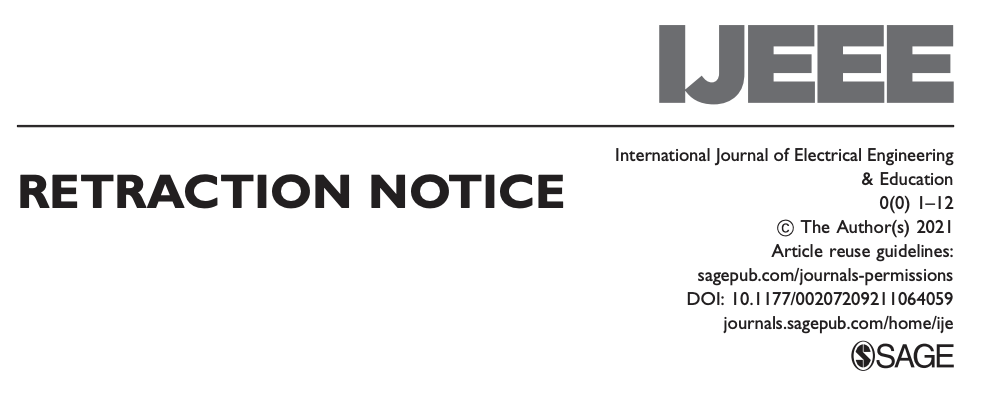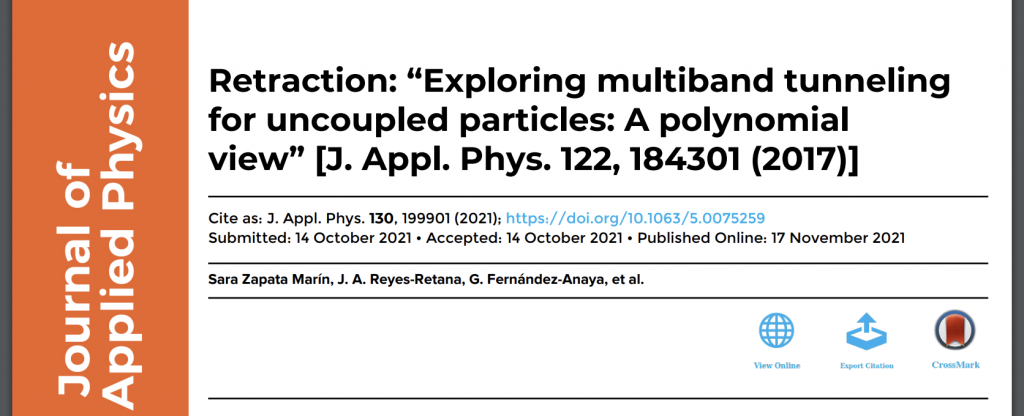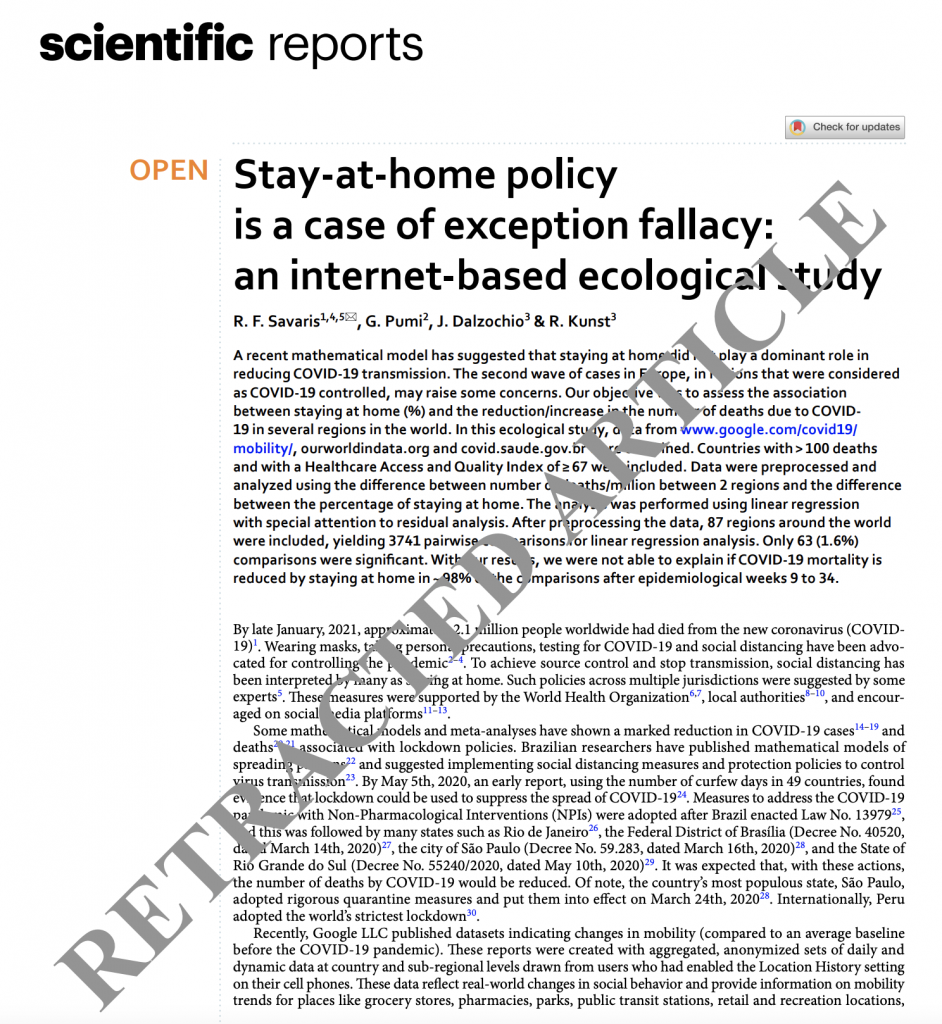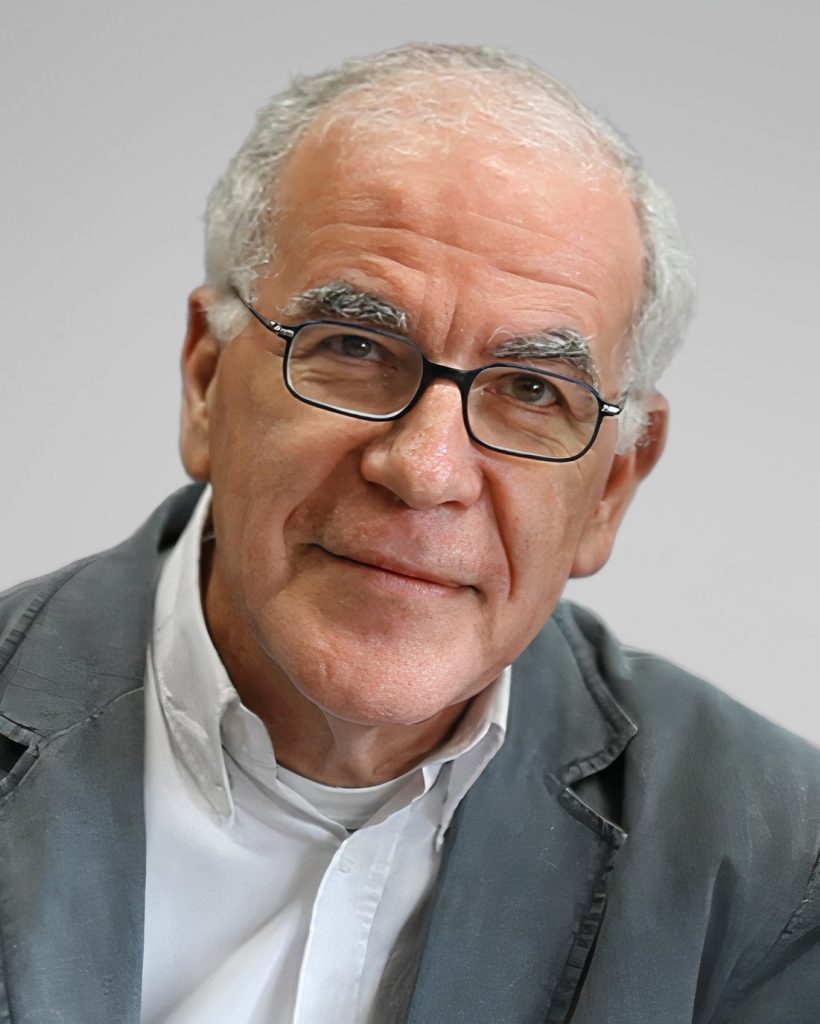
A SAGE journal has retracted 122 papers because of “clear indicators that the submission and/or peer review process for these papers was manipulated.”
Those indicators, according to The International Journal of Electrical Engineering & Education:
include but are not limited to submission patterns consistent with the use of paper mills, collusion between authors and reviewers during the review process, inappropriate subject matter as compared to the Journal’s Aims and Scope, poor quality peer review and requests for inappropriate citation.
A look at the first three titles suggests that they were, indeed, far out of scope:
Continue reading Journal retracts 122 papers at once







